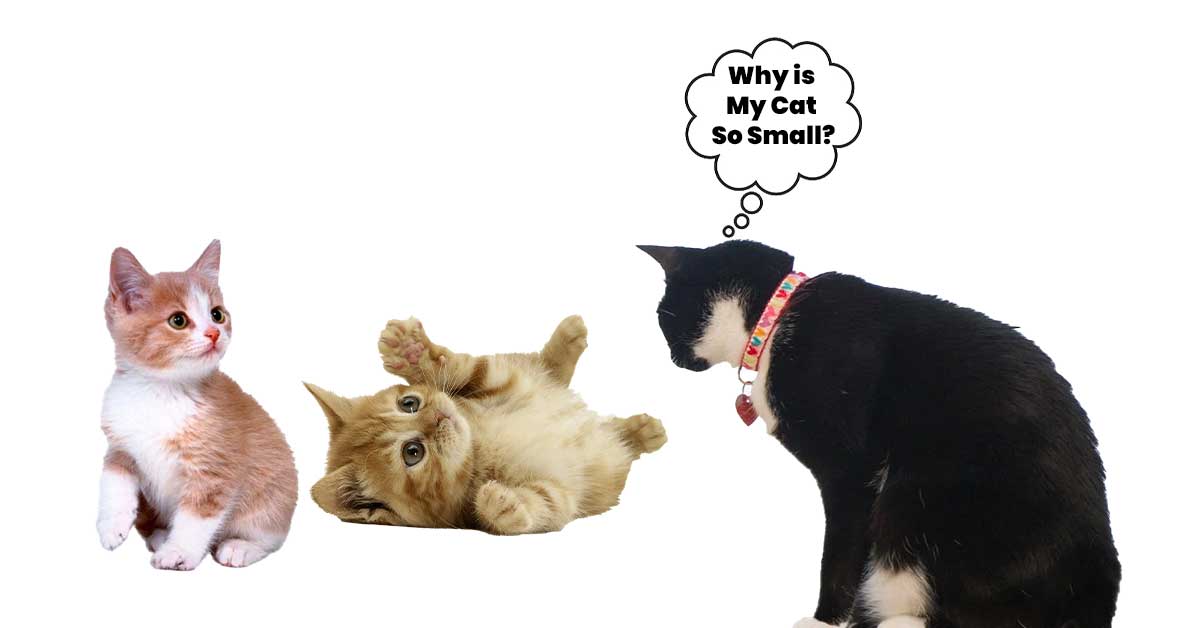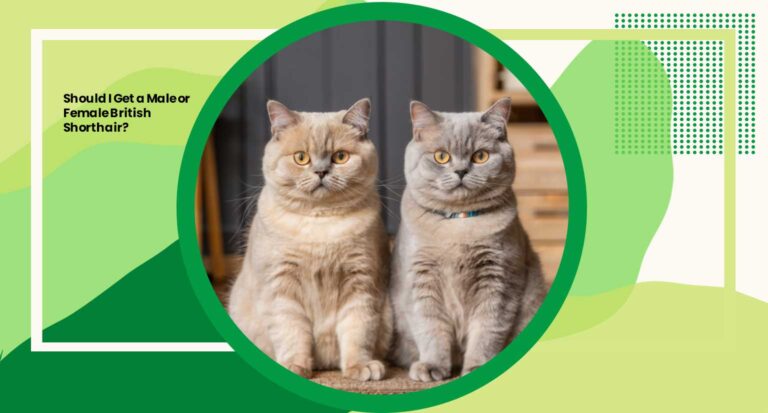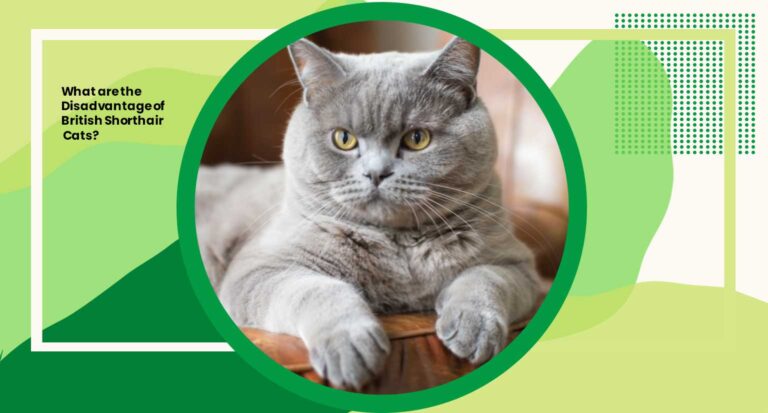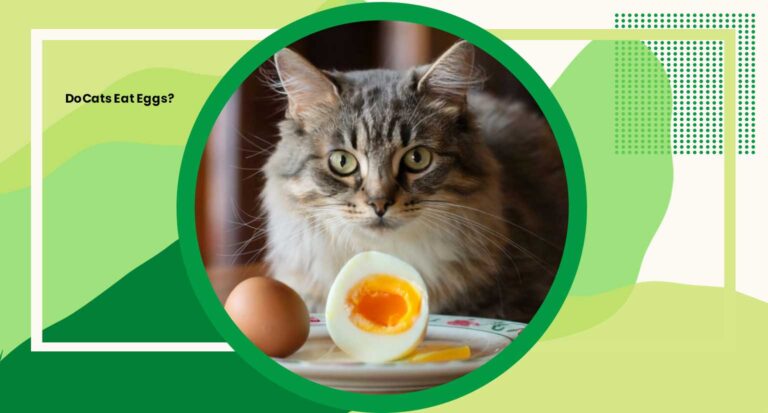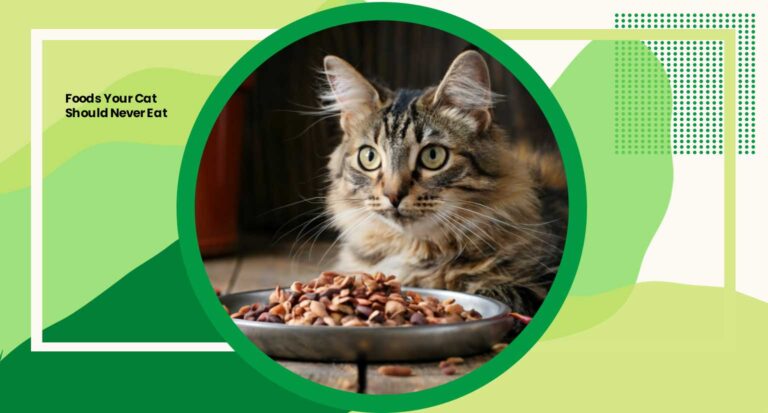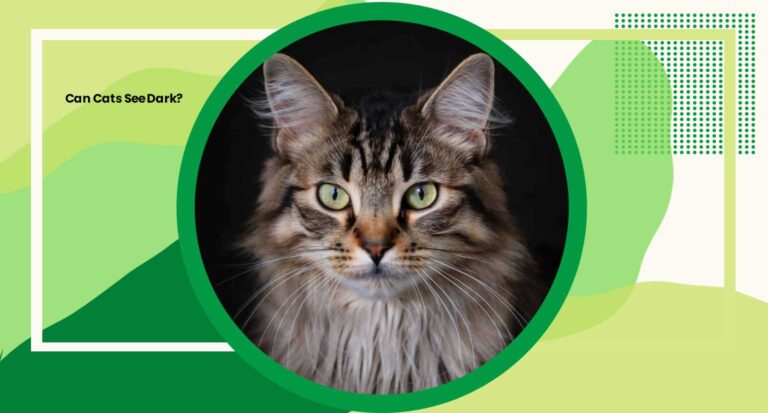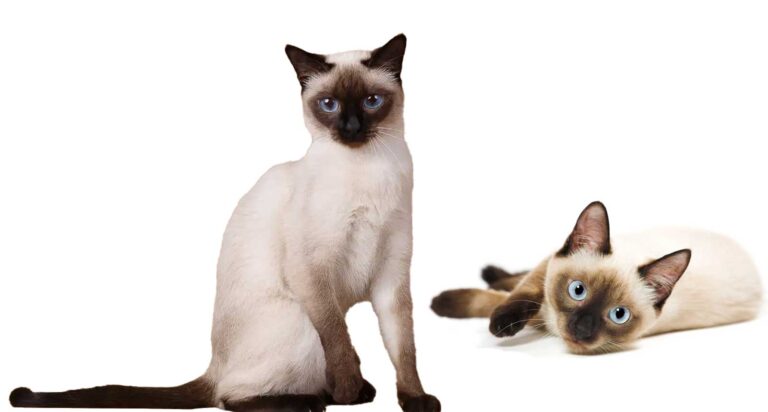Why is My Cat So Small?
Are you a proud cat parent who’s been wondering why your feline friend seems smaller than other cats? Perhaps you’ve been comparing your kitty to your neighbor’s or the cats you see on your Instagram feed, and you’re beginning to worry. Fear not!
This blog post is especially for you. We’ll be diving into the reasons why your cat may be smaller than average, and when you might need to be concerned.
When it comes to cats, size isn’t everything – though it is important. Cats come in a wide range of sizes, from the small teacup breeds like Singapura and Munchkin, which typically weigh between 3-5 pounds, to the large Maine Coon or Ragdoll cat breeds that can reach up to 18+ pounds!
Knowing how big your cat should be is important for being able to spot any potential health issues, or when you might need to get your kitty checked out by the vet.
Generally speaking, a cat’s size can depend on a number of factors such as its breed and age. Cat breeds like Siamese cats are naturally quite small, with average weights ranging from 5-12 pounds. While the Mixed Breeds can be a bit larger at 10-15 pounds on average.
Kittens typically weigh between 2 and 3 pounds, so if your cat is still young, then it’s perfectly normal for them to seem small compared to other cats.
On the flip side, there could also be medical reasons why your cat is smaller than average. Older cats may be small due to poor nutrition or an undiagnosed health issue, such as kidney failure or thyroid disease.
If you notice your adult cat losing weight suddenly or seeming significantly smaller than other cats, then it’s best to get them checked out by the vet right away.
An Informative Guide for Curious Cat Owners
Cats, like humans, come in all shapes and sizes. So, it’s perfectly normal if your cat seems to be on the smaller side. There are numerous factors that can influence the size of your cat, from genetics to nutrition.
But when does small become too small? It’s important to be aware of the signs that could indicate a health issue, and when it might be time to take your pet to the vet for further investigation.
First and foremost, it’s essential to know what size your cat should be based on their breed and age. Generally speaking, cats can range from 3-5 pounds for the smaller teacup breeds like Singapura and Munchkin, up to 18+ pounds for the bigger cats like the Maine Coon or Ragdoll. If your kitten is still young, then it’s completely normal for them to appear small compared to other cats.
It’s also important to note that size can depend on nutrition and health as well. Some adult cats may be smaller than average due to poor nutrition or an undiagnosed health issue, such as kidney failure or thyroid disease. If your cat is losing weight suddenly and/or seeming significantly smaller than other cats, then it’s best to get them checked out by the vet right away.
Genetics and Environment
Size can also be affected by genetics as well as environmental factors. In some cases, cats from certain regions or with certain bloodlines may simply be smaller than average. Likewise, if your cat lives in an area where food is scarce then it may be lacking the essential nutrients needed to reach its full-size potential.
So, if your cat is smaller than average then it’s important to ensure they are getting the proper nutrition and living in a safe environment. If you have any concerns about your pet’s size then speak with your vet to get further advice.
A Word of Caution
Finally, it’s also worth noting that some cats may be smaller due to genetic defects that cause serious health issues. For example, the Munchkin breed is known for its short legs and small size but unfortunately, this breed can also suffer from joint problems due to their unique stature. If you’re considering getting a teacup-sized cat then it’s important to do your research and find out as much as possible about the breed and its health concerns.
Overall, small cats are just as playful and lovable as their larger counterparts. But it’s important to be aware of any potential health issues that could be causing your cat to be smaller than average and to get them checked out by a vet if necessary. With the right diet, environment, and plenty of love, your smaller-than-average cat can live a happy and healthy life.
When Small Is Just Right
Although a cat’s size can play an important role in determining overall health, it’s also important to remember that small cats are perfectly normal and can even be considered an asset. Not only do they tend to require less space and food, but they are also just as affectionate as their larger counterparts.
So, don’t let your cat’s size cause you undue concern. With the right nutrition, environment, and plenty of love, your small-sized kitty can live a long and happy life. After all, size doesn’t matter when it comes to cats – only love does. Just as humans inherit traits from their parents, cats do the same. If both of your cat’s parents are small, your kitty is likely to be small as well. Certain cat breeds are naturally smaller than others. For instance, the Singapura breed is known for its petite size.
Nutrition
A kitten’s growth can be stunted if they don’t receive proper nutrition during their first year of life. It’s important to feed your cat a balanced diet that’s appropriate for their age, breed, and health status. Speak with your vet for specific dietary recommendations. If your cat is an adult and still seems small, then it may be lacking the essential nutrients needed to reach its full-size potential. Speak with your vet for advice on how to best feed your cat.
When to See the Vet
Finally, it’s essential to keep an eye out for any sudden changes in your cat’s size or behavior. If you notice that your adult cat is losing weight suddenly and/or seeming significantly smaller than other cats, then take them to the vet right away. This could be a sign of an underlying health problem that needs to be addressed. The sooner it’s diagnosed and treated, the better.
By staying aware of your cat’s size and health, you can ensure that they live a long and happy life. Ultimately, it’s important to remember that small cats are just as worthy of love and attention as their bigger counterparts. With the proper care, nutrition, and environment, your kitty will be healthy no matter what size they are.
Hopefully, this guide has provided you with some useful information on small cat sizes and the factors that can affect them. If you have any further questions about your pet’s size and health then don’t hesitate to speak with your vet for more advice. Remember, a healthy cat is a happy cat – no matter how big or small it may be!
Environment
The environment in which a cat lives can also play an important role in determining size. For instance, if food is scarce or there are other cats competing for resources then a cat may not be able to reach its full-size potential. If you notice your cat is smaller than average, consider if there are any environmental factors at play and take steps to improve the living situation of your pet.
Ultimately, small cats can be just as playful and lovable as their larger counterparts. As long as their size is not caused by an underlying health issue or environmental factors, then there’s no need to worry. With the right diet, plenty of love, and a safe environment, your smaller-than-average kitty can thrive and live a happy life.
Health Conditions
Certain health conditions can also affect a cat’s size. For example, hormonal disorders like hypothyroidism can lead to stunted growth. If your cat is significantly underweight, it might be a good idea to consult your vet. They can help diagnose any potential health issues that may be causing your cat’s size.
Regardless of how small your kitty is, it’s important to ensure they are getting proper nutrition and living in a safe environment. With the right diet and plenty of love, even the smallest cats can live long and happy lives. So don’t let your cat’s size cause you undue concern; just make sure they are healthy and happy.
Neutering/Spaying
Did you know that cats who are neutered or spayed at a young age tend to grow bigger? This is because the removal of their reproductive organs can delay the closing of their growth plates. However, this doesn’t mean that your cat will be giant-sized – just slightly larger than it might have been otherwise.
If you’re concerned about your cat’s size, consider neutering or spaying them as soon as possible. This could help encourage them to reach their full-size potential. Plus, it will also help prevent unwanted litter and make sure that your kitty lives a long and healthy life. Overall, small cats can be just as playful and lovable as larger cats. With the right nutrition, environment, and plenty of love, your small-sized kitty can live a long and happy life. Be sure to keep an eye on their size to ensure that it isn’t being caused by any underlying health issues or environmental factors. And if you’re considering getting a teacup-sized cat, be sure to do your research first and understand potential risks. With the right care, every cat can live a long and healthy life – no matter what size they are!
Conclusion
In conclusion, there are various reasons why your cat may be smaller than average. As long as your feline friend is healthy and active, there’s no need to worry about their size. Remember, each cat is unique, and size doesn’t determine its worth or its ability to bring joy into your life. So, whether your kitty is petite or large, cherish every moment you spend with them. After all, cats are not just pets; they’re part of the family!

